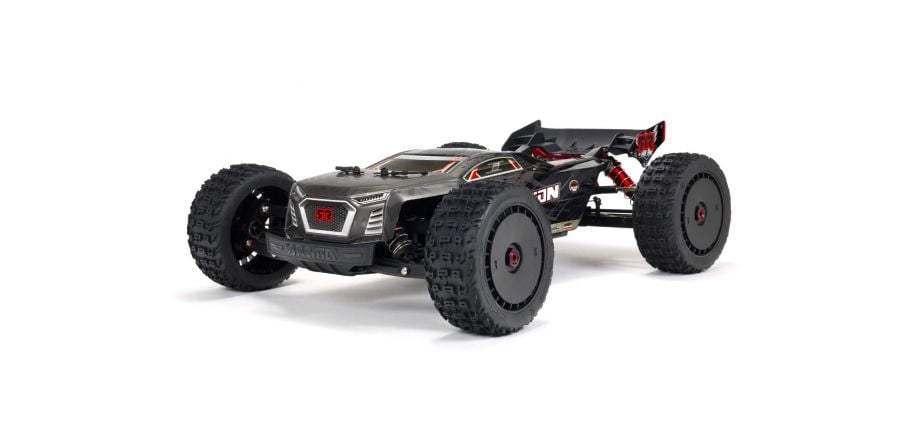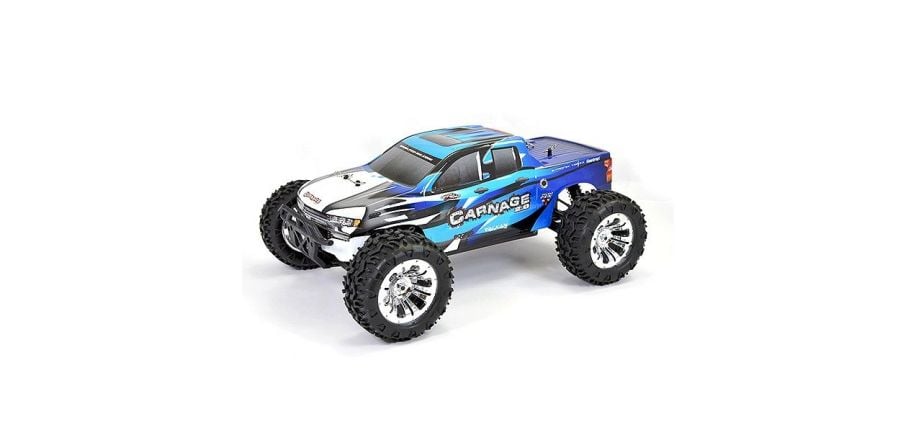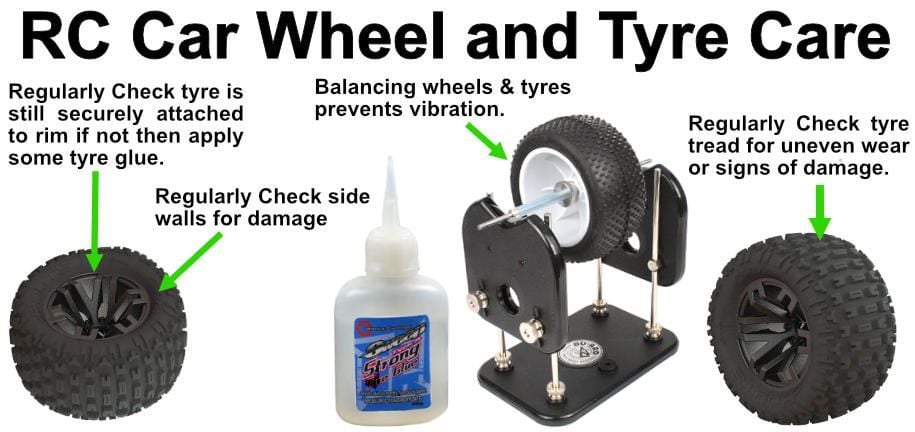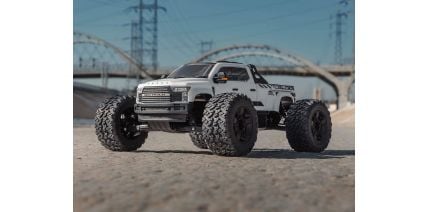Beginning your journey into the world of RC car racing can be overwhelming. You’ll likely find yourself questioning; which is the best engine type, what will I need, and where do I go. AT Models knows nothing beats the thrill of your first race, so we have compiled this handy guide to help get you on track.
Choose your Engine
Choosing the rightRC car is essential to your track performance, as different models are suitable for different use and terrains; however, if you’re reading this guide, we assume you want a vehicle ideal for the tarmac, so that’s where our focus will lay.
Track racing is taken seriously among enthusiasts, with data tracking, surface maintenance and the constant need to keep up to date with upgrades and tuning a common occurrence.
Simply, your car needs to be lightweight, quick and agile on the track. Conversely, choosing a bulky vehicle will be more durable but will sacrifice performance. Read on to discover how to choose the best engine.
Engine Types
Which engine type is worth mulling over when starting in the hobby; electric and nitro are the most common types and have some distinct differences.
Nitro RC vehicles use glow plugs for ignition. Once heated, the glow igniter can be withdrawn from the plug, as the intense heat produced by combustion will cause the engine to re-ignite.
- Pros:Renowned for their life-like noise, thrilling chase and long run times, nitro RCs are very popular among enthusiasts.
- Cons:The nitro fuel these vehicles run on is hard to source, expensive to buy, and leaves a residue in the engine that requires thorough cleaning after each run. Not for the faint-hearted, buying one of these vehicles is a significant investment of your time and wallet.
Electric RC cars are powered by a battery-operated motor and an ESC (Electric Speed Controller). These engines are simple in design, containing only two main components and a single power source.
- Pros:Electric RC cars are fast, quiet and low maintenance. Perfect for when you are just starting out!
- Cons:Limited battery life and costly replacements are the main downfalls of these vehicles.
Motor Type
Two types of engines are available in RC cars, brush and brushless.
Brushed: Generally found in beginner cars, brushed motors work by small contact brushes inside the engine rubbing together and causing the motor to turn over. The main disadvantages of using this type of motor are; high upkeep and a short life span.
Brushless: An electric controller creates a three-phase variable instead of brushes. This controller forms a rotating field that powers up the rotor's magnets and creates a spinning motion.
You may think this sounds like the obvious choice, but there are some disadvantages to consider; these motors are more expensive and more complex to tinker with, so if you’re unsure about the hobby, stick to brushed for now.
Budget and Scale
The scale of your model means how much smaller it is compared to a real-life example. The most common size for racing is1:10 or1:8; 1:8 is the larger of the two, but remember, size doesn't necessarily mean better performance.
You need a vehicle that’s going to be nippy around those corners! The best way to decide is to talk to the experts in your neighbourhood hobby shop; they will know your local track like the back of their hands and will be able to offer some invaluable hints and tips.
Is RC car racing expensive? The short and simple answer is that it depends on you and your commitment to your vehicle.
If you keep racing, you will always have to purchase new tyres; the bigger the car, the more costly these are. When you begin the hobby, you are also more likely to break parts and have to replace them, but as your skills improve, this cost will lower. It’s also worth noting that membership fees and race day costs exist.
Regarding vehicle choice, Nitros are more expensive to run, maintain and clean, so consider this when selecting your vehicle.
Things you will need
Apart from the actual car kit, here are some things you will need down at the track.
- Spare Parts
- Tyres
- Fuel
- Battery Packs
- Pit Box
- Club Membership
- Racing Fees
You may be wondering,where are the best places to race RC cars near me?Our best advice is to visit your local RC shop and heed the direction of the staff there!
They will know all you need to about the local tracks, leaderboards and race etiquette. They will also be able to give you more information about the BRCA membership (if you live somewhere other than the UK, this will be a different organisation), which provides you with insurance and peace of mind for your vehicle; this usually costs around £20.
RC Car Racing Etiquette
Okay – gear sorted, let's chat about etiquette. If you’re in the UK, you’ll know being polite is second nature, and it's no different on race day. The rules will vary from club to club but are likely to include car size, radio frequencies and treating people with respect; remember, RC racing is a sport, so good sportsmanship is essential.
You may also have to go through a validation process to ensure you are not cheating or haven't had your vehicle enhanced in any way.
Finding the perfect RC car can be a minefield. If you require any assistance,contact us, and we will discuss the pros and cons of each vehicle.
Once you get your wheels spinning, share your racing experience with other enthusiasts onFacebook,Twitter andYouTube.












